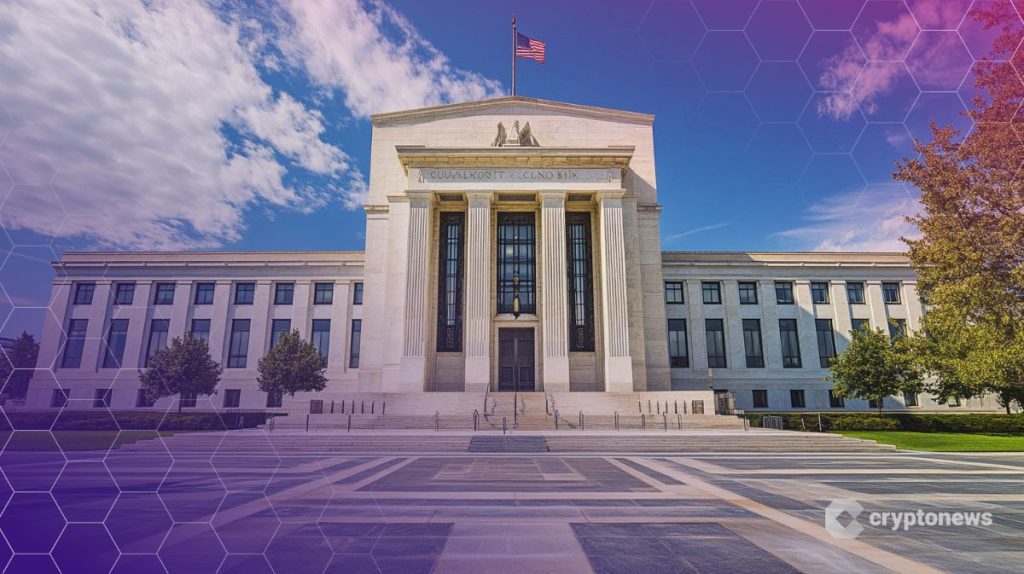A federal appeals court in Denver has upheld the Federal Reserve’s right to deny crypto-focused bank Custodia access to a master account, delivering a major blow to the Wyoming-based institution’s years-long push to gain direct access to the US central banking system.
Key Takeaways:
The US Tenth Circuit Court of Appeals ruled that the Fed has the discretion to deny crypto-focused banks access to master accounts.
Judge David Ebel wrote that the Fed’s authority to reject such requests is essential to “safeguard the financial system.”
The ruling keeps crypto banks like Custodia locked out of Fed payment systems.
In a 2–1 ruling, the Tenth Circuit Court of Appeals agreed with a lower court that the Fed has discretion over which financial institutions can hold master accounts, which allow direct access to Fed services such as payment clearing and wire transfers.
The court concluded that while Custodia is technically eligible, eligibility does not guarantee entitlement.
Writing for the majority, Judge David Ebel, appointed by former President Ronald Reagan, said the law gives the Fed authority to “reject master account access requests from eligible entities” in order to protect financial stability.
“We reject Custodia’s attempt to impair the Fed’s ability to safeguard our nation’s financial system through the exercise of discretion,” Ebel wrote.
Custodia, which operates under Wyoming’s Special Purpose Depository Institution (SPDI) charter, argued that it is being unfairly excluded from the national banking network despite meeting the necessary criteria.
The Federal Reserve Bank of Kansas City, however, determined that Custodia’s business model, centered on custody and settlement of crypto assets, posed “undue risk” to the broader financial system.
In a dissenting opinion, Judge Timothy Tymkovich, appointed by President George W. Bush, argued that the Fed’s own statutes mandate it to provide payment services to all eligible non-member banks, including Custodia.
“This case comes clothed in 21st-century terms: cryptocurrency, digital assets, instant wire transfers, and master accounts,” he wrote. “But there is nothing new about this issue.”
Custodia called the decision “disappointing” but pointed to Tymkovich’s dissent as validation of its position.
“We were hoping for a win at the Tenth Circuit today, but we received the next best thing — a strong dissent,” the bank said, adding that it may seek a rehearing based on a conflicting ruling in a related case.
The decision leaves Custodia, and other crypto-oriented financial institutions, still locked out of direct access to the US payments infrastructure. So far, no crypto-focused bank has received a master account.
